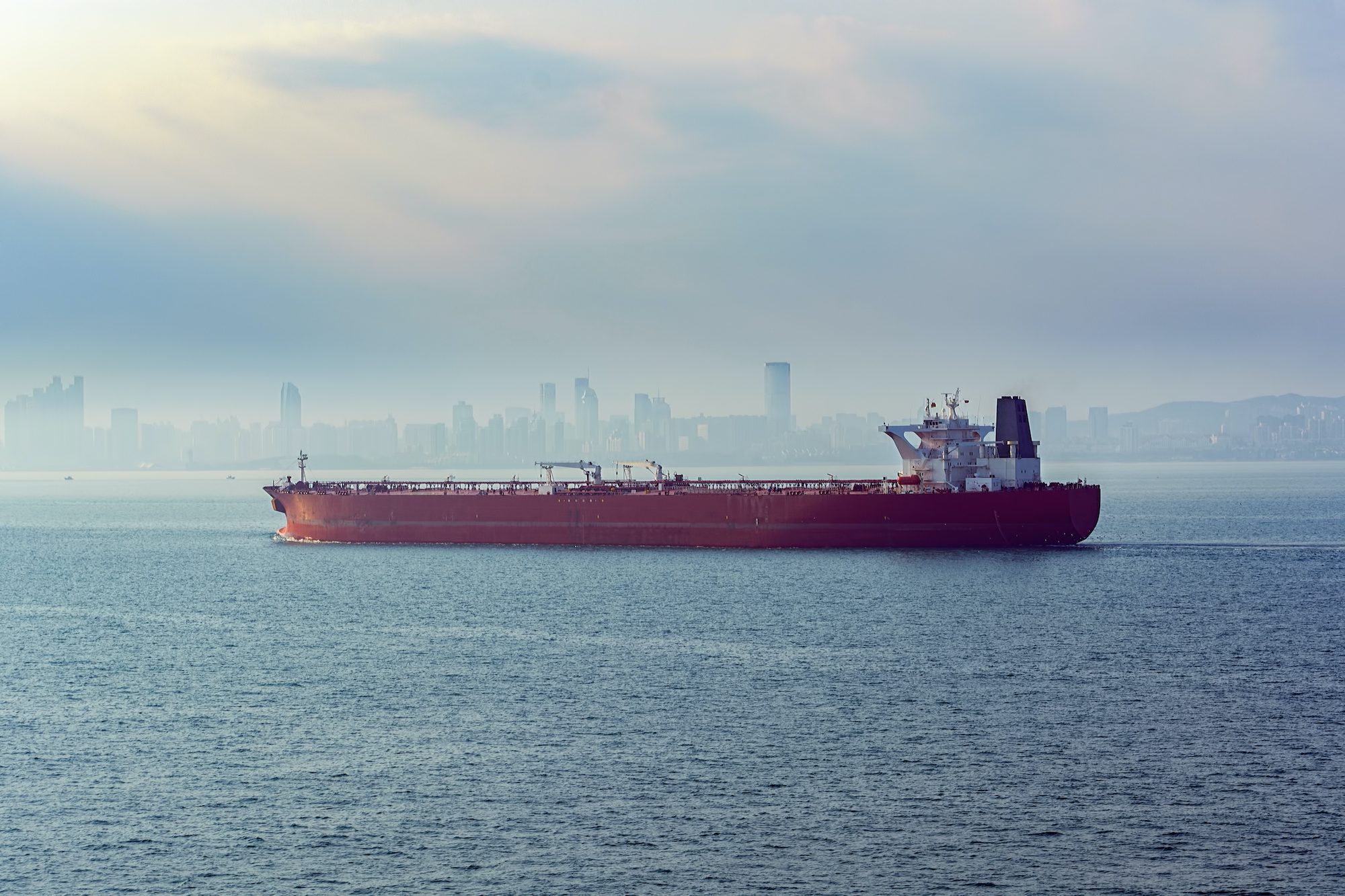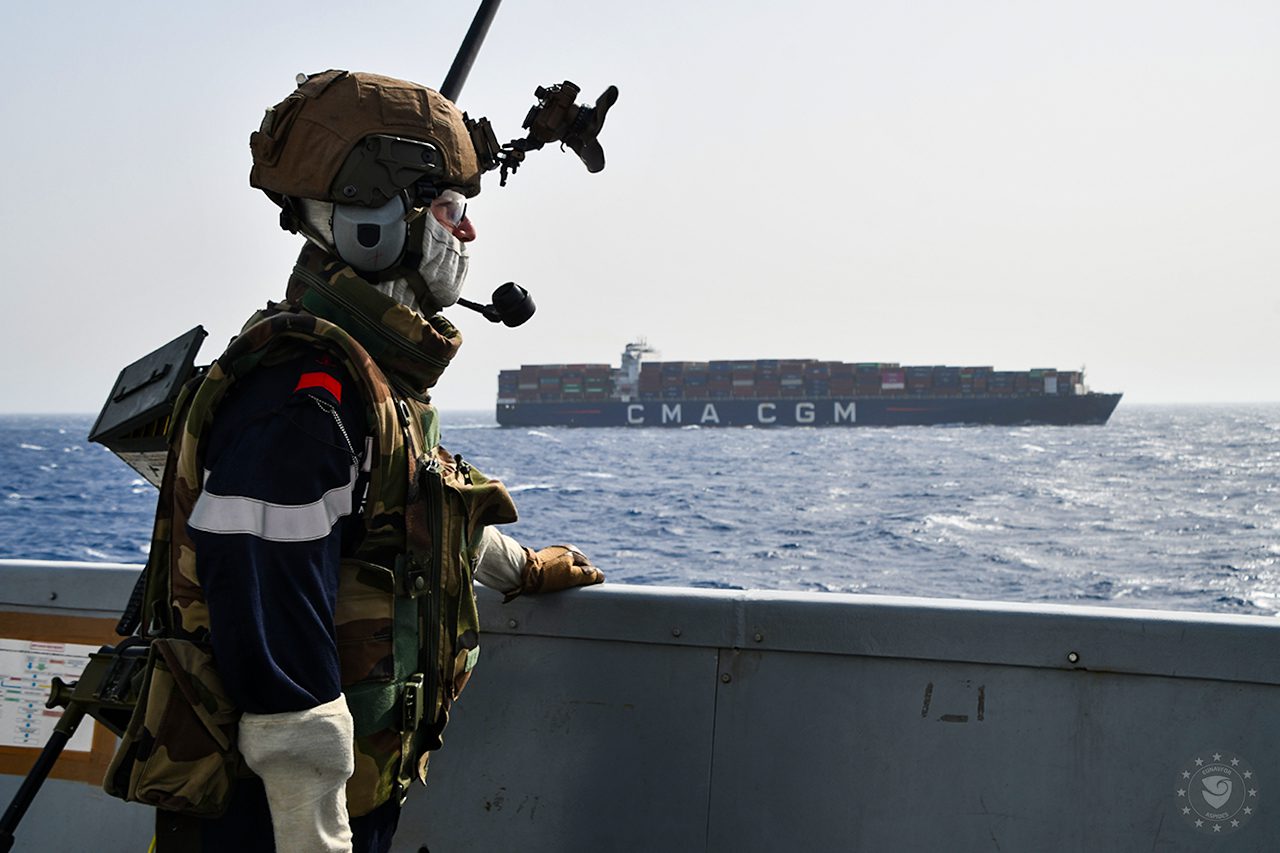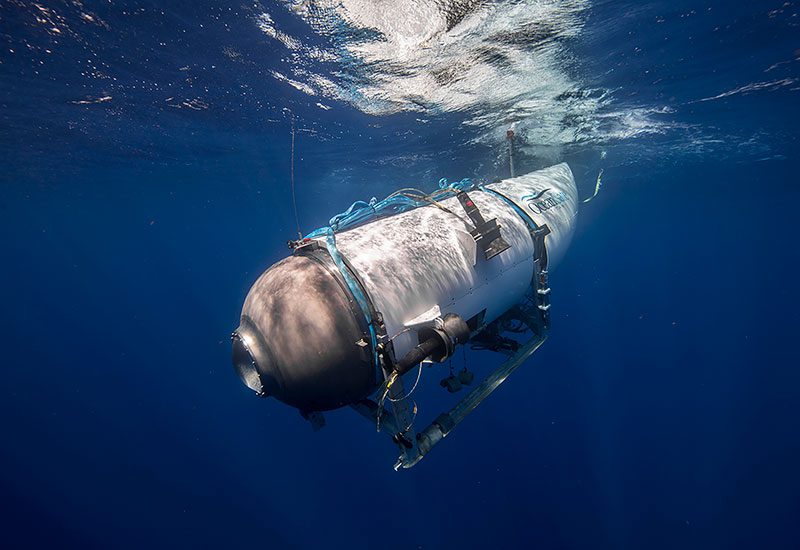By Serene Cheong, Julian Lee and Sharon Cho (Bloomberg) —
There are tentative signs that oil tanker companies are avoiding sending their ships to collect crude from a key Russian port in Asia following G-7 sanctions targeting Moscow’s petroleum revenues.
Since Dec. 5, buyers of cargoes from Russia have only been allowed to access industry standard insurance and an array of trade-critical services if they pay $60 a barrel or less. Shipments of the key ESPO grade from the Asian port of Kozmino are about $10 above that, meaning they need to make alternative arrangements.
Since the cap began, ESPO, which stands for the initials of a pipeline that takes the oil from east Siberia to the Pacific, has seen loadings halve from a month earlier, tanker tracking compiled by Bloomberg show. By contrast Urals, a much larger grade exported from western Russia, is flowing freely to customers in Asia — aided by the fact it fell far below the $60 threshold a few weeks before it was introduced.
Tankers appear to be shying away from the Asian grade, though. In the 10 days since the measures began, 4.4 million barrels have been loaded onto tankers at Kozmino, the tanker tracking compiled by Bloomberg shows. In the same period a month earlier, there were 8.8 million barrels loaded.
People involved in trading ESPO said it’s too soon to be confident that the observed drop in flows reflects something structural. However, weather conditions haven’t been particularly bad and there doesn’t appear to be many candidate ships in place to collect cargoes in the coming few weeks. Tanker tracking data is always volatile, depending on the timings of loadings, and the comings and goings of individual tankers.
Big Shipowners
Shipbrokers and traders also said that said there are signs that ESPO sellers are struggling to secure tankers for cargoes purchased at more than $60 a barrel.
At least two large and well-known shipowners, China Cosco Shipping Corp. and Greece-based Avin International Ltd. have stepped back from moving ESPO crude since Dec. 5, according to shipbrokers. Emails sent to both companies weren’t answered.
Their absence has taken at least five tankers out of the regular pool of ships that move the grade, they said. That leaves charterers to work with smaller independent owners who’re still willing to handle the trade. If charterers continue to face headwinds with the booking of tankers, flows could be impeded, they said.
ESPO and Sokol, another grade that’s exported from eastern Russia, currently trade above the $60 a barrel threshold that gives access to insurance and G-7 services.
Urals Normal
Shipbrokers said tanker bookings for Russia’s flagship Urals crude from western ports are proceeding more normally. The grade at about $45, according to data provided by Argus Media. Tanker tracking also suggests no obvious disruption to flows of the grade.
Traders are watching closely to see if Russian crude exports can be maintained and how Moscow will respond if supplies do get disrupted.
The stability of Russian exports is crucial as the US and rest of G-7 work on ensuring security of global oil supplies ahead of the Northern hemisphere winter while simultaneously attempting to deprive the Kremlin of funding for its war in Ukraine. A sharp loss of output could backfire on the west if it boosts wider oil prices and reignites inflation.
About half the ESPO cargoes scheduled for loading in the rest of this month have yet to secure tankers, according to shipbrokers. That’s a bit slower than usual, they added, attributing it to the smaller pool of willing tankers operated by a smaller number of owners.
It’s possible that tankers which previously handled oil from sanctioned regimes such as Iran and Venezuela — the so-called dark fleet — would be booked, shipbrokers said.
The vessels that loaded ESPO at Kozmino sailed toward China, according to the tracking data. Some are owned by Russian, Indonesian and Turkish firms, while others don’t disclose their ownership.
Several cargoes of Sokol, which loads from the eastern Russian port of De Kastri, underwent ship-to-ship transfers off Yeosu in South Korea.
–With assistance from Sarah Chen.
© 2022 Bloomberg L.P.

 Join The Club
Join The Club











